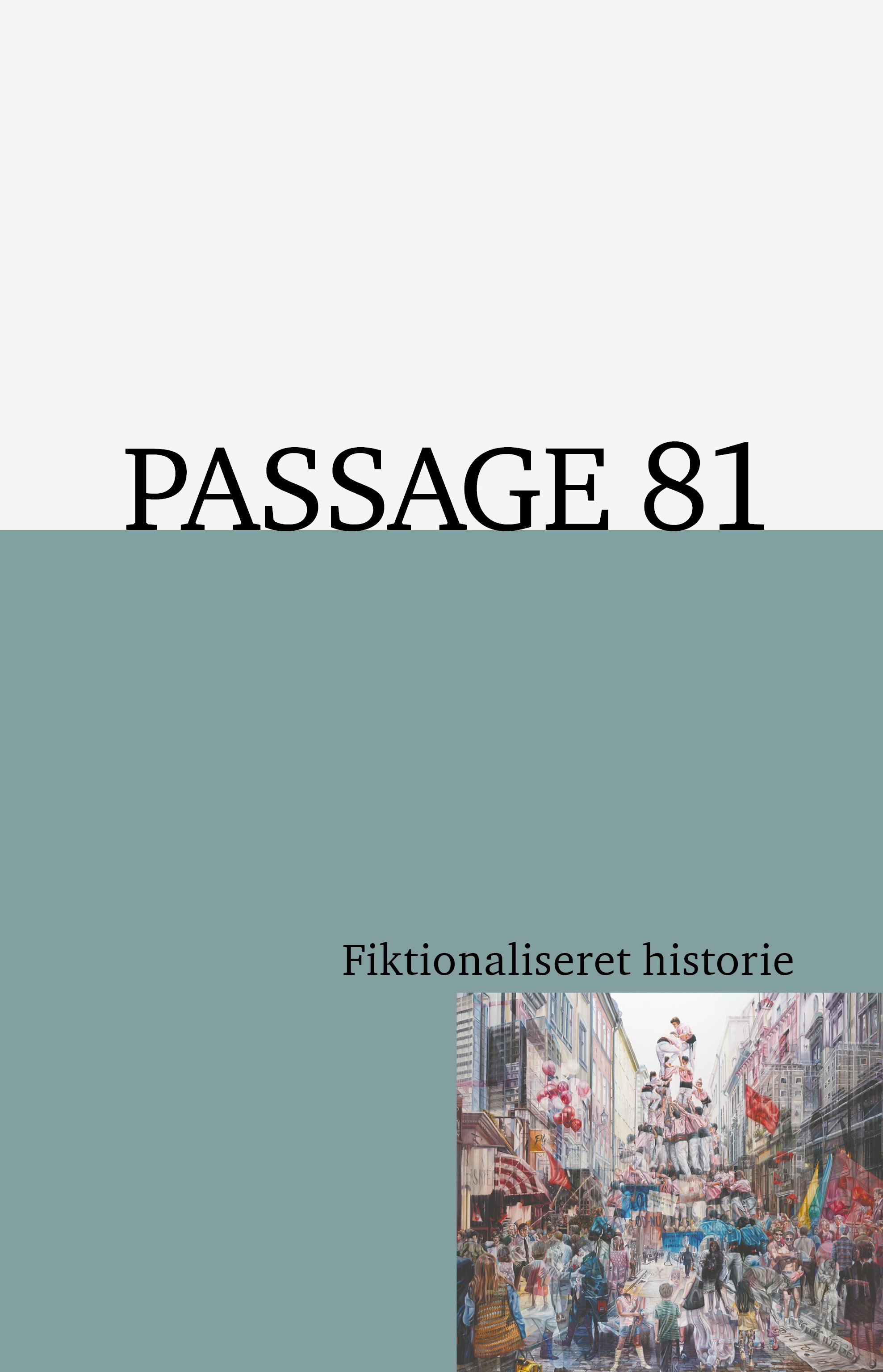Gravhøjen åbnes
Fra rokoko-middelalderisme i Johann Elias Schlegels Canut til vikinge-romantik i Johannes Ewalds Rolf Krage
DOI:
https://doi.org/10.7146/pas.v34i81.114434Nøgleord:
Johann Elias Schlegel, Johannes Ewald, præromantik, middelalderismeResumé
Andreas Hjort Møller: “The Opening of the Barrow – From Rococo Medievalism in Johann Elias Schlegel’s Canut to Viking Romanticism in Johannes Ewald’s Rolf Krage”
This article demonstrates how the representation of the Middle Ages changes from the picture of a barbaric period into the vision of a glorified past. Johann Elias Schlegel adapted a passage from Saxo’s Gesta Danorum for his 1746 play King Canute, which influenced Johannes Ewald’s widely read 1770 Saxonian play Rolf Krage. Both plays were highly popular in their time. Schlegel portrays the Middle Ages as a stark contrast to the absolutist Enlightenment ideals of his own time, whereas Ewald embraces the heathen Middle Ages as world in its own right, in which the author explores the human condition in all its aspects.
Downloads
Publiceret
Citation/Eksport
Nummer
Sektion
Licens
Forfattere, der publicerer deres værker via dette tidsskrift, accepterer følgende vilkår:
- Forfattere bevarer deres ophavsret og giver tidsskriftet ret til første publicering, samtidigt med at værket efter publiceringen er omfattet af en Creative Commons Attribution-licens, der giver andre ret til at dele værket med en anerkendelse af værkets forfatter og første publicering i nærværende tidsskrift.
- Forfattere kan indgå flere separate kontraktlige aftaler om ikke-eksklusiv distribution af tidsskriftets publicerede version af værket (f.eks. sende det til et institutionslager eller udgive det i en bog), med en anerkendelse af værkets første publicering i nærværende tidsskrift.
- Forfattere har ret til og opfordres til at publicere deres værker online (f.eks. i institutionslagre eller på deres websted) forud for og under manuskriptprocessen, da dette kan føre til produktive udvekslinger, samt tidligere og større citater fra publicerede værker (se The Effect of Open Access).





